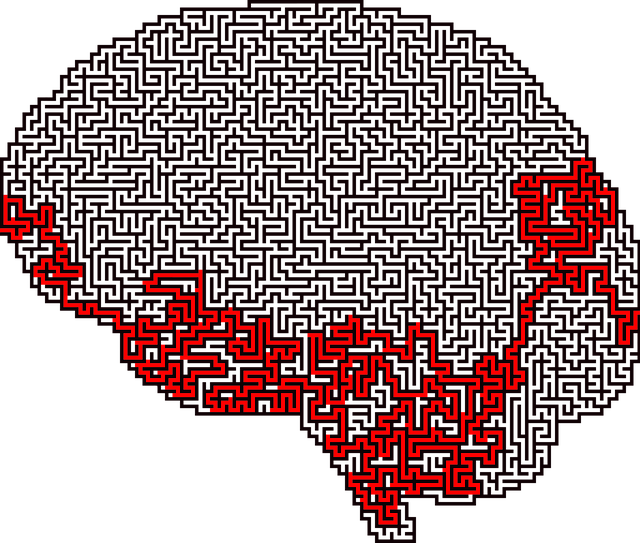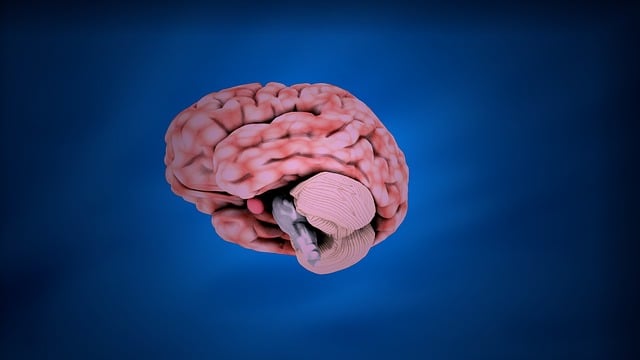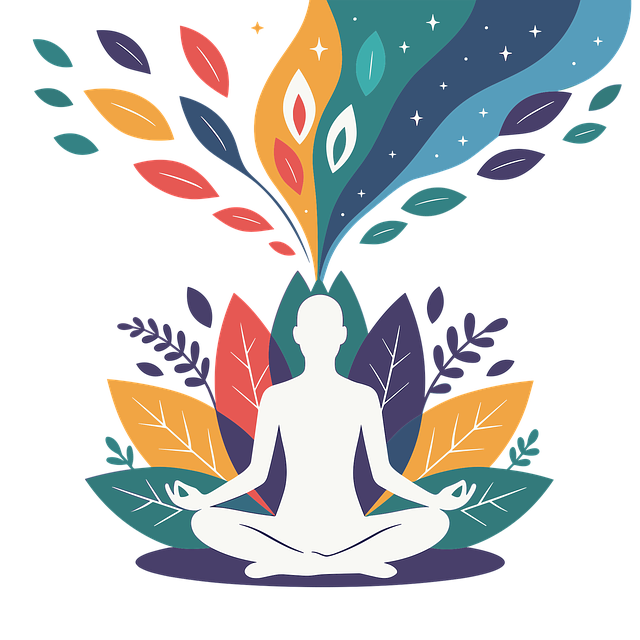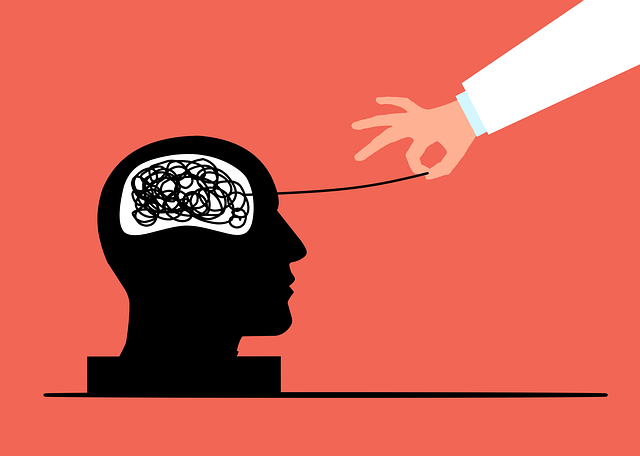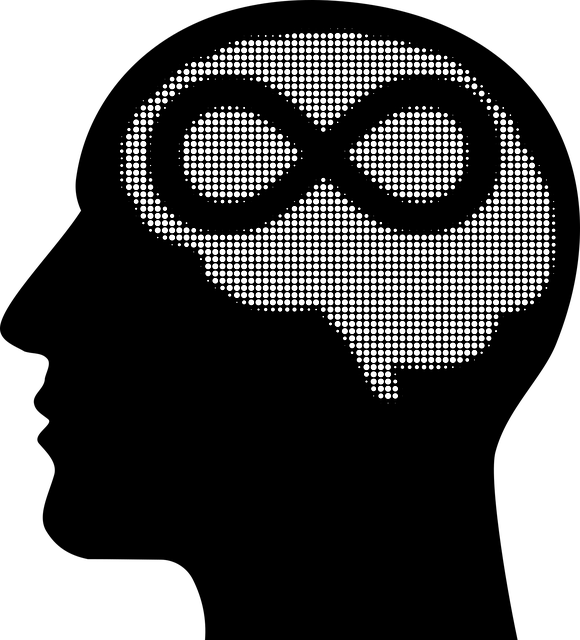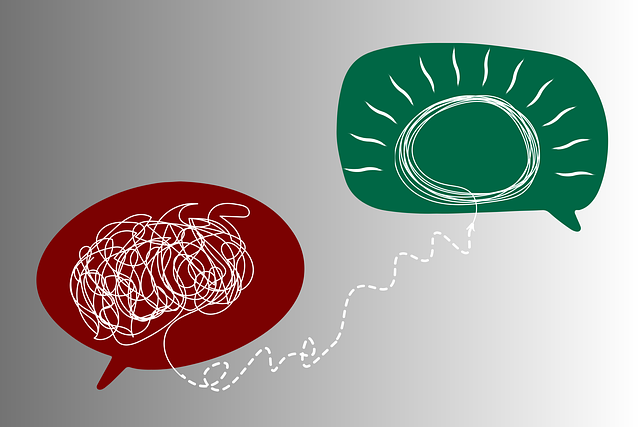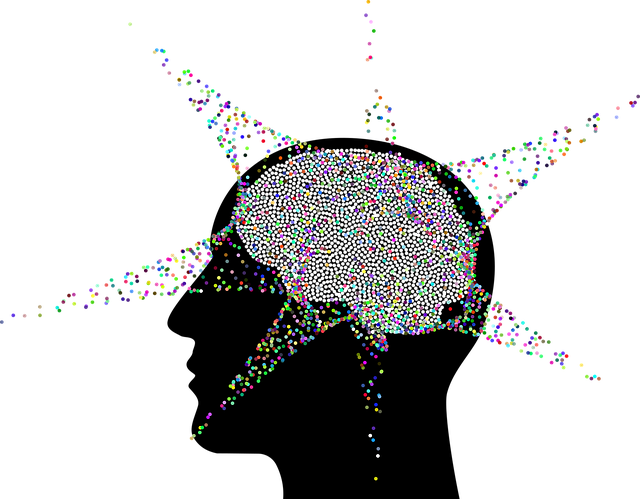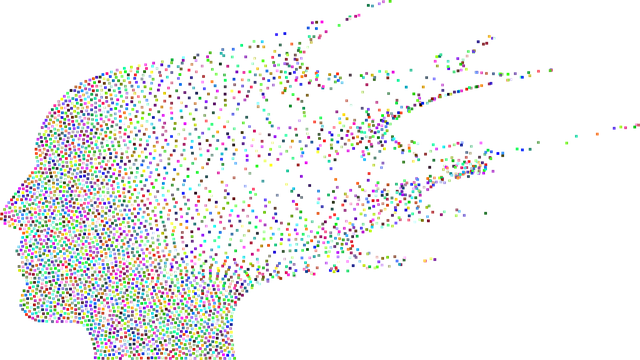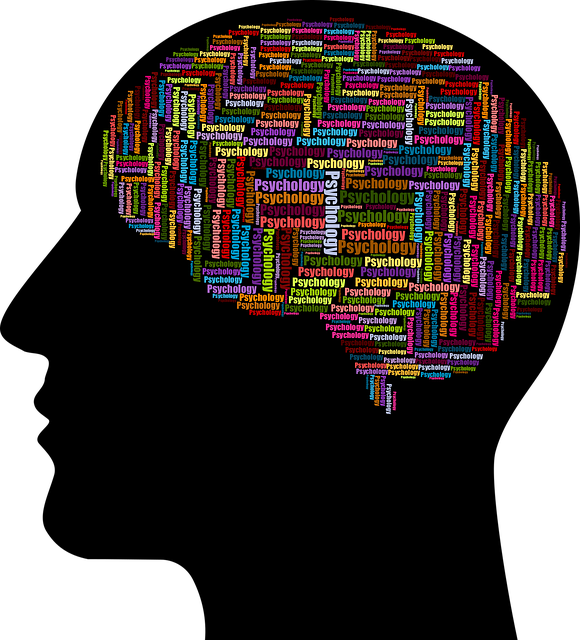Mental wellness is a vital aspect of overall health, impacting daily life and interactions. Recognizing and improving mental wellness involves understanding its effects on thought processes, emotions, and behaviors. Northglenn Anger Management Therapy teaches effective anger management strategies for better communication in personal and professional settings. Building resilience with tools from Crisis Intervention Guidance enhances coping abilities. Combining journaling with therapy provides a safe space to explore thoughts and emotions, aiding mood management and self-care. Dedicating 15-30 minutes daily to journal about triggers and experiences can significantly enhance emotional well-being and self-awareness, as supported by mental wellness coaching and risk assessment strategies.
Mental wellness is integral to our overall well-being, shaping our daily experiences and interactions. In this article, we explore how mental wellness journaling can serve as a powerful therapeutic tool, drawing inspiration from the expert insights of Northglenn Anger Management Therapy. We’ll delve into the benefits of self-reflection through journaling and provide practical steps to implement this practice, offering strategies tailored by Northglenn Anger Management Therapy techniques for improved mental health and reduced anger.
- Understanding Mental Wellness and its Impact on Daily Life
- The Power of Journaling as a Therapeutic Tool
- Practical Steps for Implementing a Mental Wellness Journal with Northglenn Anger Management Therapy Techniques
Understanding Mental Wellness and its Impact on Daily Life

Mental wellness is a vital aspect of overall health that significantly influences daily life and interactions. It encompasses emotional, psychological, and social well-being, affecting how individuals think, feel, and behave. Understanding mental wellness involves recognizing its impact on various areas of life, from relationships to work performance. For instance, Northglenn Anger Management Therapy focuses on helping individuals manage anger in a healthy way, thereby improving communication strategies within personal and professional settings.
In navigating the complexities of daily life, building resilience is crucial. Crisis Intervention Guidance plays a significant role here by providing tools to cope with stressful situations. By fostering better communication strategies, individuals can enhance their relationships, resolve conflicts, and improve overall mental wellness. This proactive approach ensures that challenges are met with increased resilience, promoting a healthier mind and a more fulfilling life.
The Power of Journaling as a Therapeutic Tool

Journaling has emerged as a powerful therapeutic tool, offering individuals a safe and private space to explore their thoughts and emotions. This simple yet profound practice can be a game-changer for mental wellness, especially when coupled with Northglenn Anger Management Therapy. By putting pen to paper, one can gain valuable insights into their mental state, identify patterns of behavior or thought processes that contribute to stress, anxiety, or anger issues, and work towards managing them more effectively.
In the context of mood management, journaling encourages self-reflection and introspection. It allows individuals to track their feelings over time, pinpoint triggers for negative emotions, and develop healthier coping strategies. Moreover, this practice can serve as a valuable component in Burnout Prevention Strategies for Healthcare Providers, helping them manage stress and maintain emotional balance amidst demanding work schedules. The Mental Wellness Podcast Series Production can also benefit from journaling prompts tailored to various aspects of mental health and well-being, fostering open conversations and encouraging listeners to engage in self-care practices.
Practical Steps for Implementing a Mental Wellness Journal with Northglenn Anger Management Therapy Techniques

Incorporating a mental wellness journal with Northglenn Anger Management Therapy techniques can significantly enhance your emotional well-being and self-awareness. Start by dedicating 15-30 minutes each day to jot down your thoughts, feelings, and experiences. Utilize prompts like “Describe a recent situation that triggered anger,” or “Reflect on moments of calm and clarity.” This practice, akin to Mental Wellness Coaching Programs Development, facilitates the identification of anger triggers and promotes healthier coping mechanisms.
For effective Northglenn Anger Management Therapy, consider incorporating risk assessment strategies used in mental health professional practices. Assess the intensity and frequency of your anger episodes and note any associated behaviors or thoughts. Over time, this data will help you recognize patterns and make informed decisions about managing anger. Additionally, it can aid in determining if additional support or Anxiety Relief measures are necessary.
Mental wellness journaling can be a transformative practice, offering individuals a powerful way to navigate and improve their daily lives. By combining this technique with evidence-based approaches like those employed by Northglenn Anger Management Therapy, people can gain valuable insights and develop healthier coping mechanisms. Incorporating regular reflection through journaling allows for better understanding of mental health, fostering resilience and enhancing overall well-being. This simple yet effective tool has the potential to revolutionize personal growth journeys.
